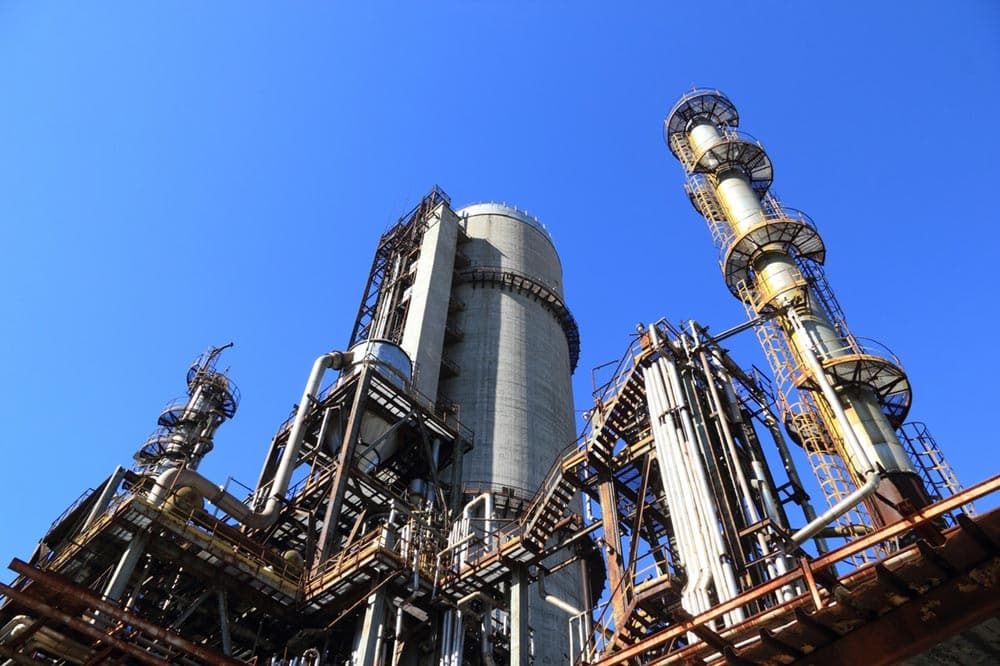One of the biggest dangers (if not the biggest danger) at an oil and gas facility is the risk of fire. Due to the combustible nature of petrochemicals, these fires can start easily and result in the loss of lives and immense destruction of property. We know such facilities are high-risk areas, but here are 5 precautions to take to keep everyone safe.
Install Alarm and Mass Notification Systems
In the event of a fire, an alarm system is going to alert your employees to the situation. This you know, after all, having working fire detection and alarm systems is the law. But you may also want to implement a mass notification system that calls or sends messages to all of your employees to notify them of any emergency situations.
Keep Emergency Response Equipment On-Site
In the event of a fire or other emergency, the local fire department and EMS may be called to respond. But depending on your location, it may be a long time before these first responders arrive. Having equipment on site, such as a fire suppression system, to respond to fires and other emergencies as soon as possible could be key in saving lives and preventing damage to your facilities.
Train Employees on Fire Prevention and Response
Not only do you need to have emergency response equipment, but your employees also need to be trained on how to use or implement it, as well as on how to prevent and respond to fires. This includes your basic “What to do if there’s a fire” kinds of training, as well as training fire safety officers within the company, regular and thorough drills, and training on best practices for preventing fires and handling hazardous and flammable materials.
Implement Dangerous Gas Monitoring Systems
Dangerous gases are the byproducts of many processes relating to petrochemicals, and these gases can also be flammable and combustible, resulting in fires. Installing a system to monitor these gas levels and stopping work when they reach dangerous concentrations can reduce the risk of a fire.
Perform Regular, Thorough Fire Safety Inspections
Not only do you need to test your fire alarms and fire suppression systems, to truly minimize the risk of fire in a facility that processes oil or gas, you need to conduct regular fire safety inspections. This means yes, testing your alarm and suppression systems, but also evaluating your entire facility and workspace for potential hazards and assessing the risk and potential solutions to minimize that risk.
Fire prevention is of utmost importance at oil and gas facilities. If it’s been a while since your facility’s fire suppression system was tested or inspected, talk to Vanguard’s dedicated team of oil and gas fire prevention professionals. We can help make sure your facility is as safe and protected as possible.


